World Fine Art Professionals and their Key-Pieces, 54 - Trinette Scheper
World Fine Art Professionals and their Key-Pieces, 54 – Trinette Scheper
When I was on the Art Dwingeloo, some time ago, I saw on the Drift, just behind the Brink, the work of Trinette Scheper. There were some notable paintings. She then explained her method.
A few weeks later she explained it again, using painting S 122 as example. Although her works usually have no permanent titles (only a number), she does give them for an exhibition or a publication, such as S 122: Autumn / Autumn Light (see first photo). Trinette Scheper: ‘The lower part consists of a vulnerable set of leaves. You’ll see large holes that have partly ‘been eaten’. Which for me represents vulnerability. As we are looking higher in the painting you see a certain force arising, in particular the shell shape, in the upper right.
The painting was created as follows: red and yellow earth tones were made with oil paint. With her brush and hands she starting pushing and rubbing in it and here and there she put turpentine. She let it dry up. Then she started to remove. What didn’t matter was discarded with the color white. Trinette Scheper: ‘From the remaining shapes, I am looking – while ‘painting away’ – for an interesting main shape.’
Vulnerability
She discovered, in retrospect, that all her works focused mainly on one theme: vulnerability. Scheper: ‘I discovered it only after a few years, that this is the subject, again and again. I start an abstract and next I’m going further into that. It is an understated abstract, so to say. But even if is abstract, it must be about someting. In found it out reversely, apparently that’s important for me.
Each work is equally important. One work flows from the other. In work S 122, Autumn/Autum Light, the theme is best expressed. Scheper: ‘I like to use the shell shape, a straight line and a curve. You can express the balance between strength and vulnerability with it. For me it is an important shape, as a metaphor for ‘give-receive’. In this work the power of vulnerability found, as I feel it, a strong expression.’
Florence Biennale
Trinette Scheper began her artistic career relatively late. Although she loved drawing and painting all her life and drawing was the favorite subject on the elementary and secondary school, she was late to the Arts Academy, the Royal Academy of Art in The Hague. Scheper: ‘I had attended many drawing and painting lessons, but I found the step too big to sign in into an Academy. On my 42nd I thought though: it’s now or never.’ She was accepted and after five years, in 1997, she graduated. Now she is 17 years professional artist. The Academy had substantive influence. Scheper: ‘I started with a penchant for realism. In the course of time I began to follow a different path. This accelerated in the Academy years.’
Trinette Scheper exhibits regularly, about two/three times a year. In a studio in the city of Delft she gave drawing and painting workshops, especially to those ‘that say they cannot draw’. Her motto is: everyone can draw or paint, you only should change the criteria.
Ten years ago she moved to Dwingeloo, in the North of the country. Occasionally she opens her studio. In 2005 she participated in the Florence Biennale. Scheper: ‘That was a highlight for me. There were 750 artists from around the world. Christo came to talk about his packaged art. The encounters with other artists were incredibly inspiring.’
Peace Artwork
In 2008 she made a detour from the two-dimensional canvas into a three-dimensional project. She did so with a colleague from Drenthe, Elly van den Hout. They got the assignment from the Muiderkerk to make a Peace Artwork in the public space in the Linneausstraat, near the Muiderkerk. It is called ‘Desire for Peace Square’ and was unveiled by Gerdi Verbeet, the then chairman of the Lower House.
Scheper: ‘The work is intended as a meeting point and marker. It is a symbolic work where people from all walks of life share their thoughts about peace, freedom and coexistence. We haven chosen a circle shape, in many cultures the symbol for infinity. The circle is formed as an enlarged necklace and lies like a jewel accidentally deposited in the square. There is a striking knot in the necklace to symbolize the integration issue.’
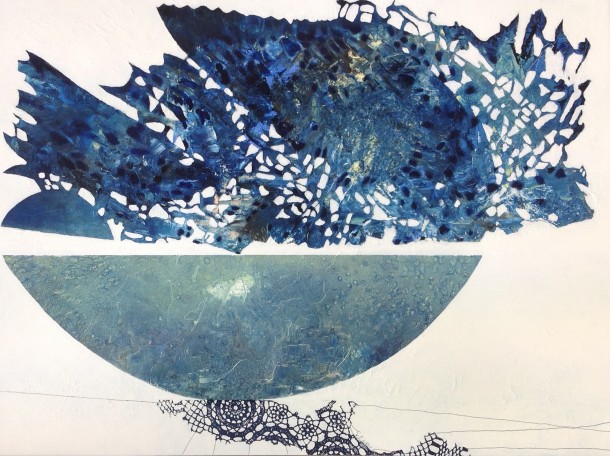
A kind of rage
Does she have a philosophy? Trinette Scheper: ‘For me there should be some kind of rage and necessity in art. It should have a layering, arising from a search for what cannot be captured in words. In this way it gains strength.
Trinette Scheper loves living in Drenthe, but she doesn’t feel herself a true Drenthe artist. ‘I would say: ‘Artist in Drenthe’.
http://www.scheperkunst.com/_sgg/f10000.htm
http://ifthenisnow.eu/nl/verhalen/de-wereld-van-de-drentse-kunstenaar-1-trinette-scheper
Disclaimer: The views, opinions and positions expressed within this guest article are those of the author Walter van Teeffelen alone and do not represent those of the Marbella Marbella website. The accuracy, completeness and validity of any statements made within this article are not guaranteed. We accept no liability for any errors, omissions or representations. The copyright of this content belongs to Walter van Teeffelen and any liability with regards to infringement of intellectual property rights remains with the author.

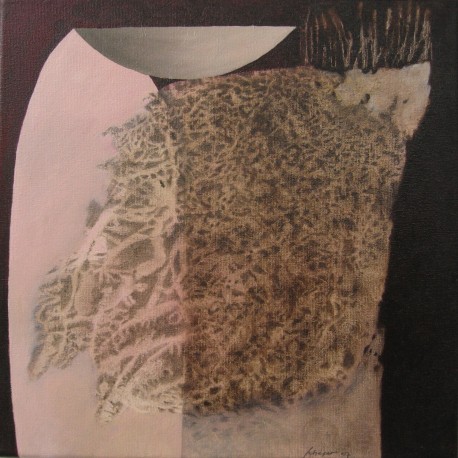
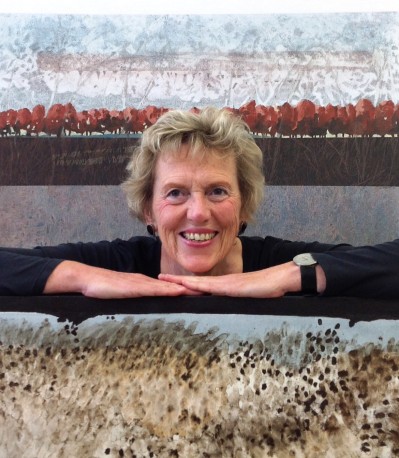
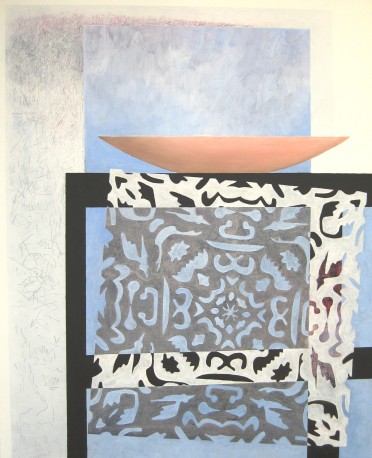
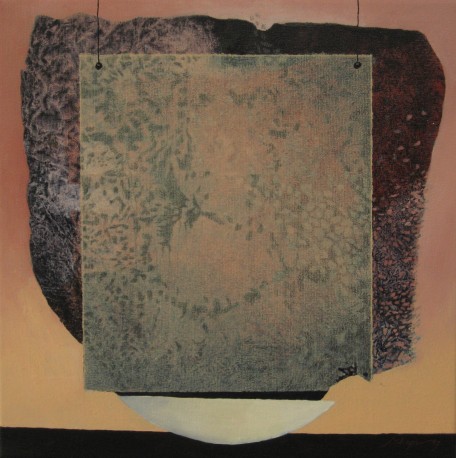
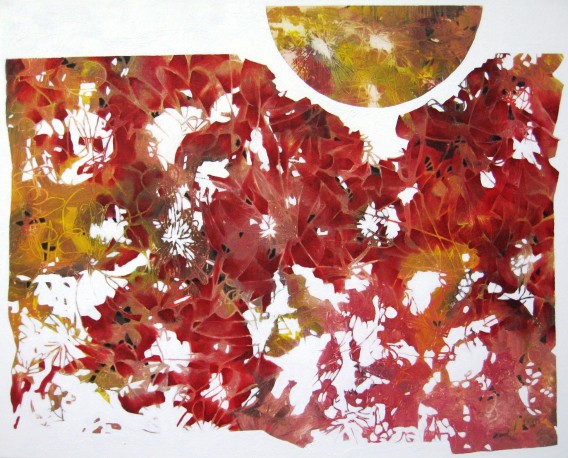
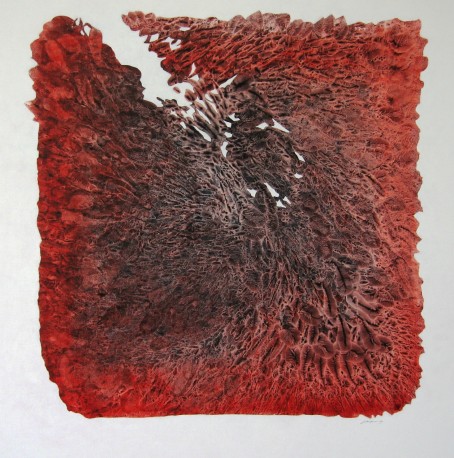
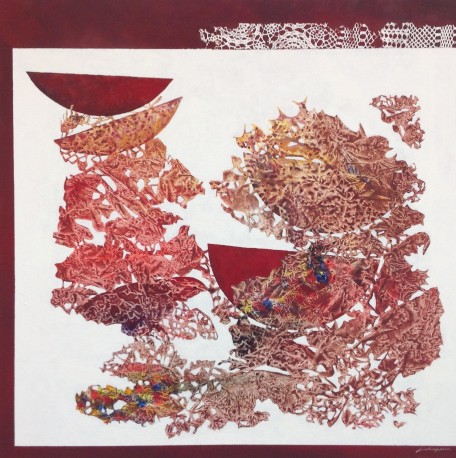
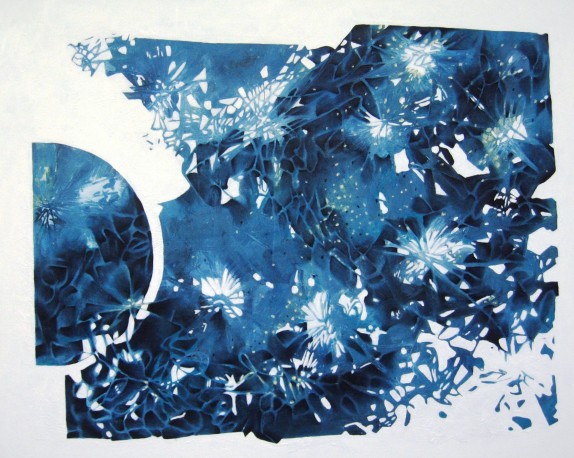
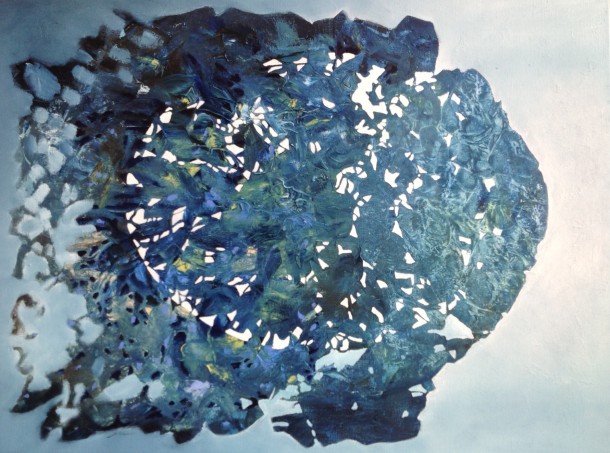
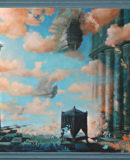










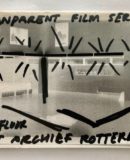


The opinions expressed by individual commentators and contributors do not necessarily constitute this website's position on the particular topic.